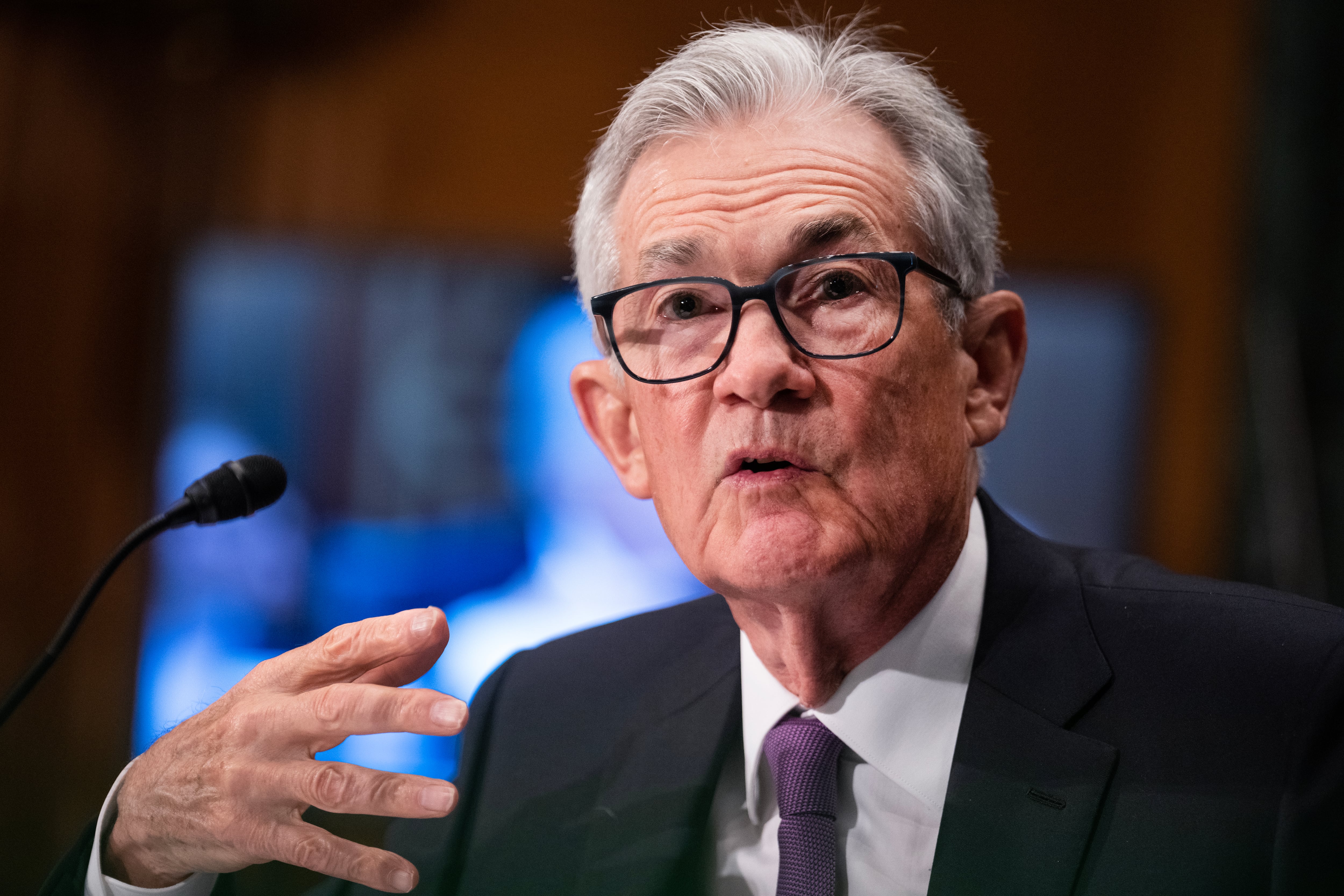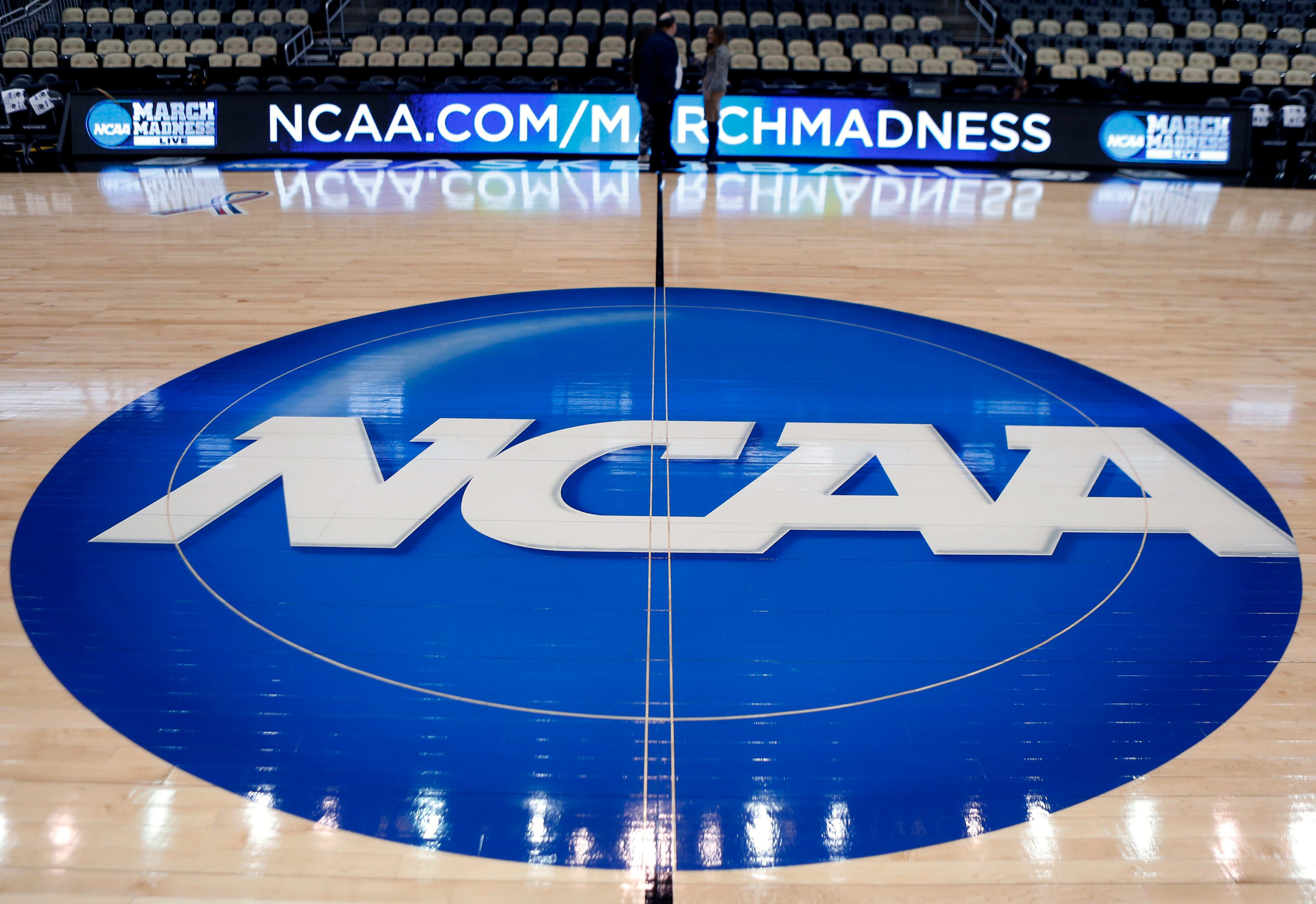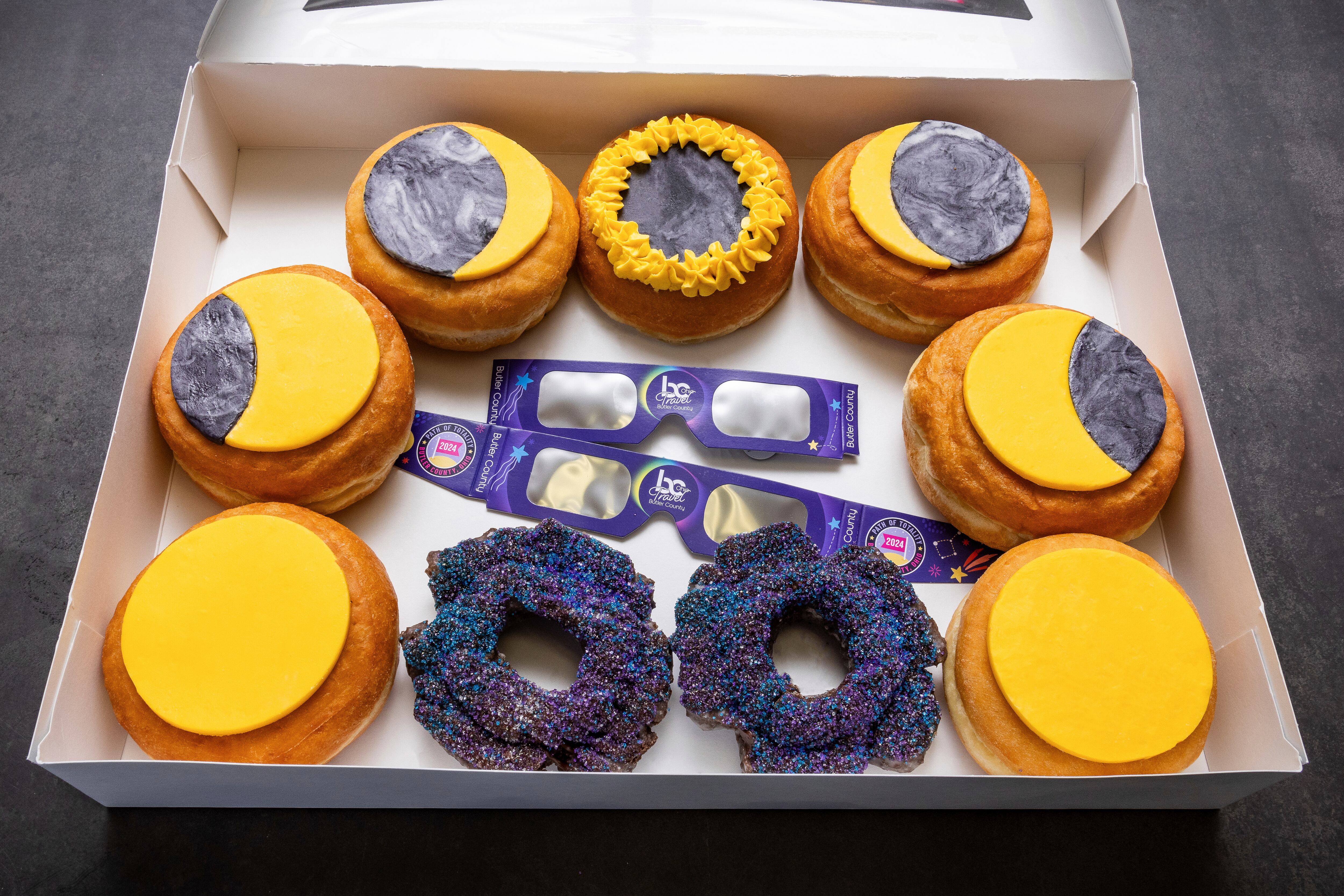By Michael Balsamo
A federal judge on Monday dismissed antitrust lawsuits brought against Facebook by the Federal Trade Commission and a coalition of state attorneys general, dealing a significant blow to attempts by regulators to rein in tech giants.
U.S. District Judge James Boasberg ruled Monday that the lawsuits were “legally insufficient” and didn’t provide enough evidence to prove that Facebook was a monopoly. The ruling dismisses the complaint but not the case, meaning the FTC could refile another complaint.
“These allegations -- which do not even provide an estimated actual figure or range for Facebook’s market share at any point over the past ten years -- ultimately fall short of plausibly establishing that Facebook holds market power,” he said.
The U.S. government and 48 states and districts sued Facebook in December 2020, accusing the tech giant of abusing its market power in social networking to crush smaller competitors and seeking remedies that could include a forced spinoff of the social network’s Instagram and WhatsApp messaging services.
The FTC had alleged Facebook engaged in a “a systematic strategy” to eliminate its competition, including by purchasing smaller up-and-coming rivals like Instagram in 2012 and WhatsApp in 2014. New York Attorney General Letitia James said when filing the suit that Facebook “used its monopoly power to crush smaller rivals and snuff out competition, all at the expense of everyday users.”
Boasberg dismissed the separate complaint made by the state attorneys general as well.












